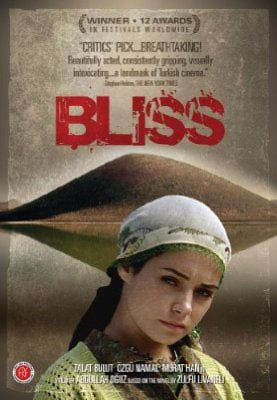Along the way we forgot something essential to our health, to our happiness, to our success. We forgot that we are animals before we are humans. That fault in our logic, in our self-understanding, has distorted just about everything that we do. We do not take the simple fact of our bodies, our biology, our identity as animals among other animals into account. Our philosophies, our cultures, our very psyches display the neuroses that we inflict on ourselves in this strange misunderstanding. We constructed our human-ness, at least in the West, by dividing ourselves from the animals, by defining our human-ness as “not animal.” To call a human an “animal” is an insult, we say “dumb animals,” we call our violent tendencies “animal” when no animal is as violent as we are, we construct cities and technologies as devoid of and hostile to non-human life as possible.
(Despite our obsessive attempts to do so, we have yet to come up with a convincing definition of what makes human animals distinct from the other animals, so untenable is the attempt and faulty the reasoning.)
We are a kind of animal - a complicated kind of animal, no doubt - but animal nevertheless. We have needs and desires that have been left by the wayside in the development of our identity as “not-animal.” Simple needs like the smell of green grass in the wind and the sight of stars at night. We have build up around us systems, machines, environments which are hostile to our mental and physical health as we pursue the idea of ourselves as “not animal”: as builders of machines and of political and economic powers; as inheritors of Godʻs dominion over everything we see, as thinkers and spirits somehow divorced from our animal bodies.
And yet the soul in us - the anima - grows more and more distressed. We have become animals under stress. Yes, we are richer than we have ever been, and our lives are, generally, easier and more secure. Yet our lives are also subtly painful and frustrating, as well as more and more frantic.
What do our souls need? How do we understand ourselves as the animals that we are? What is it that we really want and need, as humans? I believe these questions are inter-related. I believe that we began to lose our way when we lost track of ourselves as animals, lost track of the anima within ourselves that is also within all living things. I believe that the moment we began to denigrate and deny ourselves as animals was also the moment when we began the great project of control and domination of all other beings and the extraction of all resources exclusively for ourselves. It was a powerful moment. It was also a moment of terrible violence to ourselves and to all other life.
And we have to ask: is that what we wanted? Is that what we still want?
And we have to ask: is that what we wanted? Is that what we still want?

